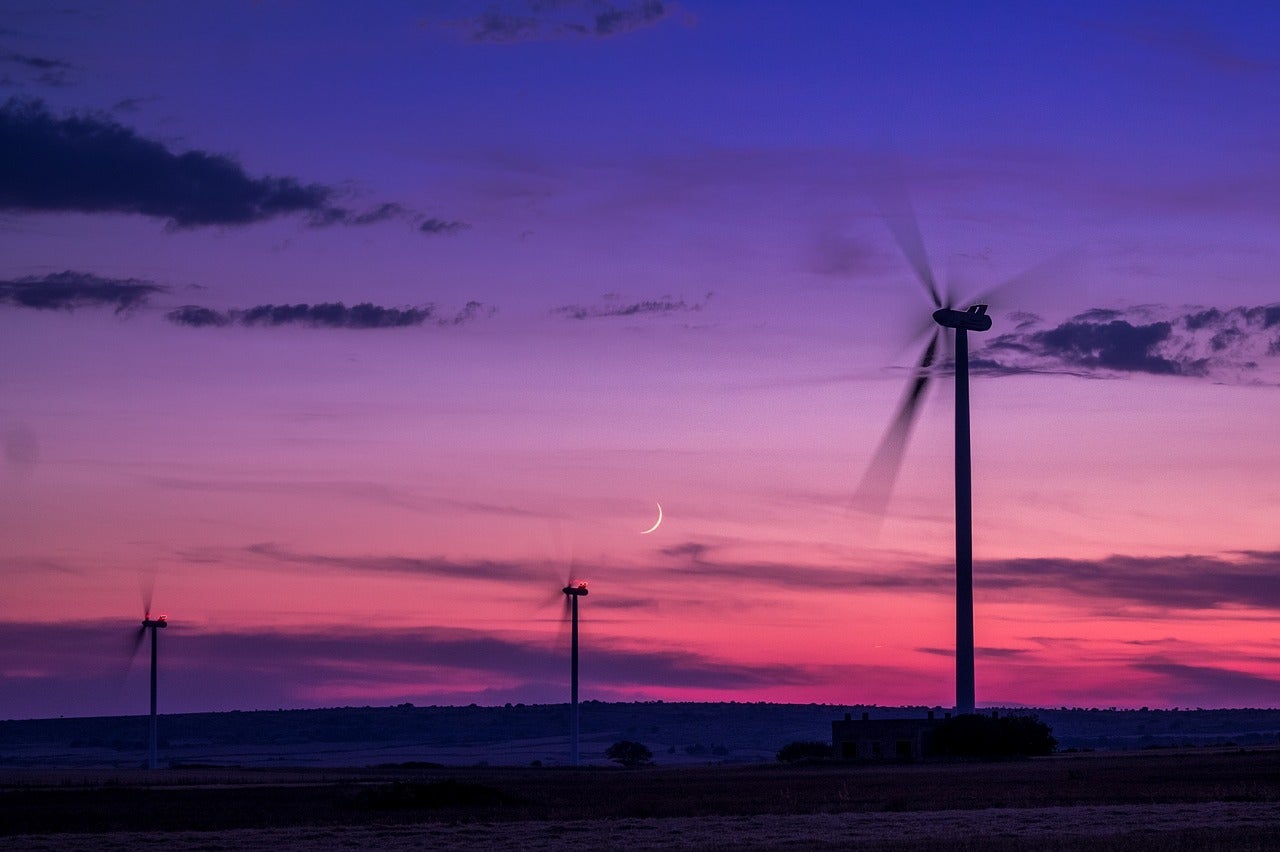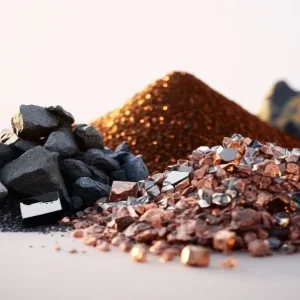
International Finance Corporation (IFC) has led the financing of a programme to build six wind projects in Pakistan.
The financing will help Pakistan in delivering cleaner and cheaper power to meet the country’s demand for energy, while reducing its reliance on expensive imported fossil fuel.
Called the Super Six plants, the wind projects will have a combined capacity of 310MW. The wind farms will be located in the Jhimpir wind corridor in Sindh province, generating more than 1,000GWh of clean electricity annually, enough to power 450,000 homes.
Pakistan Federal Minister for Energy Omar Ayub said: “The government is aiming to increase the non-hydro renewable energy share in the overall generation mix from 4 percent to 20 percent by 2025 and it is welcoming to see Pakistan’s local private sector behind these Super Six wind projects, supporting the government’s long-term objective to see more wind and solar in the country’s energy mix.”
The cost of power from the six wind projects is expected to be more than 40% lower than the current average cost of generation. The facilities will also help in offsetting more than 650,000 tonnes of CO2 emissions per year.
The wind farms are being developed by domestic companies that include ACT Group, Artistic Milliners, Din Group, Gul Ahmed Group and Younus Brothers Group.
The total investment for the project is $450m
The total investment for the six wind farms is expected to be $450m. IFC has agreed to provide a financing package of $320m. It comprises $86m from its own account and $234m mobilised from other lenders such as Deutsche Investitions- und Entwicklungsgesellschaft (DEG, part of KfW Group of Germany), and local banks Bank Alfalah, Bank Al Habib and Meezan Bank.
IFC Asia and Pacific vice president Nena Stoiljkovic said: “This additional clean power will help meet growing demand, reduce the average cost of electricity, and improve both reliability and security of supply.
“We hope this will send a strong signal to the private sector that the renewable energy market in Pakistan is viable and sustainable, as well as beneficial to the Pakistani people.”






